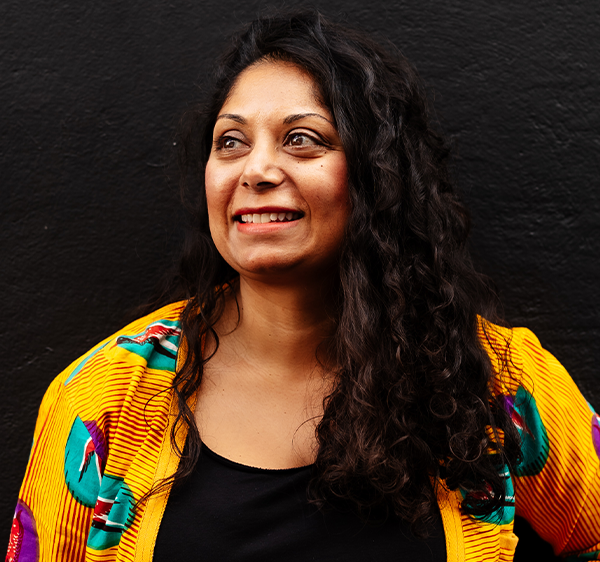bold idea
End the mass incarceration and over-criminalization of women and girls worldwide by building collective power and resourcing resistance efforts using research, advocacy, litigation, and storytelling.
organization overview
Women Beyond Walls is a global collaborative that believes the legal system must be rooted in care, not punishment. It builds collective power and resources resistance to end the mass incarceration and over-criminalization of women and girls worldwide. Because collective power requires collective effort, Women Beyond Walls combines storytelling, advocacy, and cross-movement learning and collaboration. It amplifies voices through its podcast and newsletter and elevates the issue on global gender equality agendas. Women Beyond Walls resources resistance through a justice lab focused on legal research, litigation, documentation, and training.
Personal Bio
Sabrina Mahtani is the founder of Women Beyond Walls. She is a Zambian-British lawyer with 20 years of experience advancing access to justice for women. Her father was imprisoned for political reasons when she was teenager, which inspired her to become a lawyer. She co-founded AdvocAid, an NGO in Sierra Leone that provides access to justice for women in detention. She has previously worked for Amnesty International, The Elders, UNODC, Penal Reform International, and the Clooney Foundation for Justice. Her work contributed to the freeing of six women on death row and groundbreaking legal victories at domestic and regional courts. Sabrina is fueled by the belief that access to justice must be a right for all, not a privilege. She is passionate about supporting the next generation of lawyers and created the Waging Justice for Women Fellowship and the Frances Claudia Wright scholarship. She is a research associate at the Centre for Criminology and the University of Oxford. She speaks regularly about improving justice outcomes for women and girls on international stages and media platforms.
-
Organization/Fellow Location ?
Our most recent information as to where the Fellow primarily resides.
-
Impact Location ?
Countries or continents that were the primary focus of this Fellow’s work at the time of their Fellowship.
-
Organization Structure ?
An organization can be structured as a nonprofit, for-profit, or hybrid (a structure that incorporates both nonprofit and for-profit elements).
